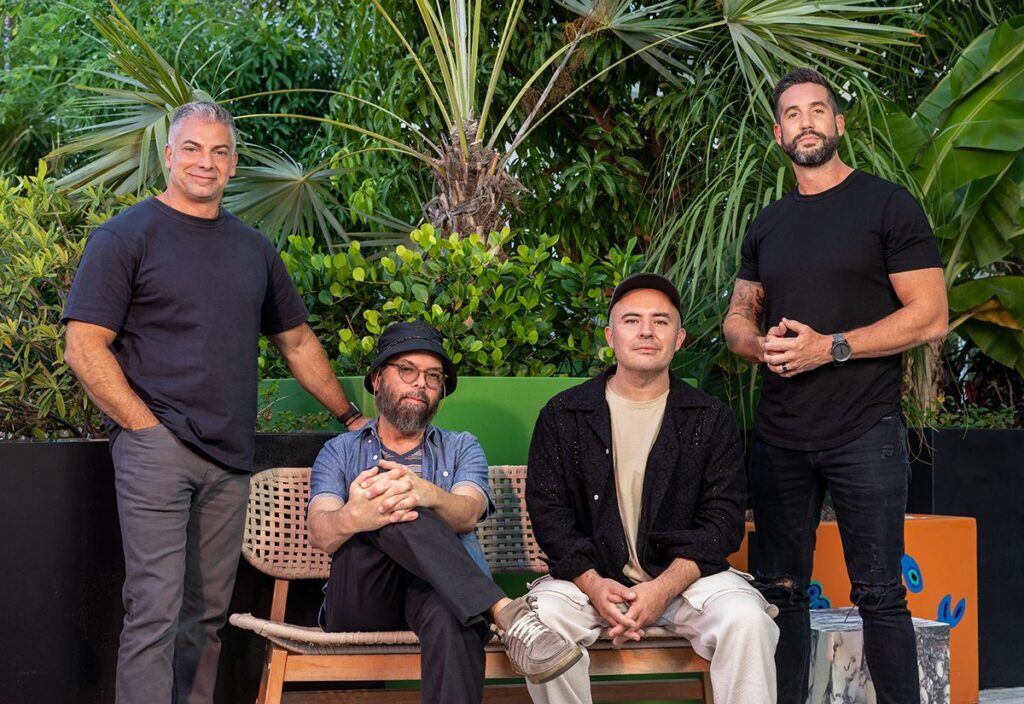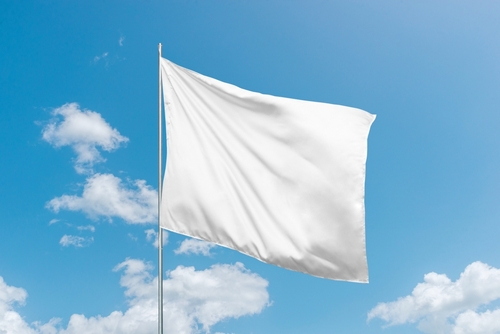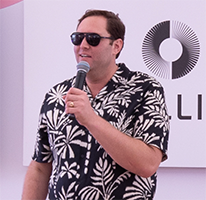(Promo) ABC learned the hard way. The network drew 16 million viewers to its “Lost” mystery series in 2004. But a half million tuned out in the second year, thanks to muddled plots and constant reruns.
Rest assured that this dropoff won’t be repeated this season.
For one thing, ABC has scheduled a 13-week hiatus — with no reruns. And it has straightened out the storylines.
Even better, it has pumped up its promotional marketing, already some of the most lavish in the business.
For example, it launched an online buzz marketing campaign this summer called The Lost Experience. The four-month effort sent fans on a scavenger hunt to find clues imbedded in TV spots and online.
Tens of millions of people participated, driving awareness not only for ABC, but for brands like Sprint and Verizon, many of which conducted their own mystery promos.
What’s the big mystery? There are several: the whereabouts of people who survive a plane crash and are stranded on a South Pacific island, the dangers they face, and why they were on the plane, to begin with.
In line with that, Jeep created a fictional character and posted information about it on www.Jeep.com and on sites like the YouTube Jeep Channel. Verizon provided clues in text, video and audio versions. And Monster.com launched sites about the Hanso Foundation, the fictitious entity in “Lost” that offers grants for worthy experiments.
In addition, American Express sponsored something called Lost and Found. AmEx cardholders entered their name and the toll-free number on the back of their card to access gated content.
Brands love to ride with a winner, and this desire is fueling ad revenue for the network, says Geri Wang, senior vice president, primetime sales for ABC Entertainment.
Sometimes, though, it’s hard to tell where the marketing ends and reality begins.
Want a candy bar? Have the one eaten on the show: the Apollo. ABC distributed 150,000 of them for free at events over the summer.
Want to book an airline ticket? Try a Website called Oceanic-Air.com, named after the doomed airline on the program. It offers (fake) ticket information, flight times and a seating chart. The site is one of nine online links tied to “Lost.”
Do you like music? ABC has created a full-length music video for the new season, featuring scenes from past and future shows. And that’s not all you can do online — you can view podcasts, download last season’s finale and participate in an online community.
“We’re not just trying to sell a television show,” says Michael Benson, senior vice president, marketing for ABC Entertainment. “What we’re really trying to do is engage more people, and make that relationship with fans even stronger.”
Is it working? It seems to be. As of last month, the show had drawn 17.6 million viewers this season, and was tops in its time slot among adults ages 18-49. Of course, the network also did some tweaking of the show itself. It eliminated the production delays that led to long breaks between episodes in 2005 and instituted the split schedule. Benson admits that last year’s problems “really upset the audience.”
One thing’s for sure: that marketing also played a role in the recovery.
ABC launched a “Lost” podcast series on ABC.com and iTunes, in which cast members and producers answered questions and discussed the episodes. And it began serving “Lost” previews online.
“Our challenge as marketers is to make people feel it is still okay to jump back in the water,” Benson says. “’Lost’ is really an appointment-viewing show, so we need to do everything we can so we’re not breaking appointments for the viewer.”
Then there’s the book, supposedly written by Gary Troupe, a character who died on the flight. Released by Hyperion in May, the novel “Bad Twin” jumped to the top of the “New York Times” bestseller list (thanks in part to two full-page ads in the “Times”), and 37,000 copies have been sold to date. But it drew mixed reviews from readers on BarnesandNoble.com.
One reader said the book is worth reading. But another warned: “Don’t fall for this consumer trap.” She added that the plot was loose and had “zippo” to do with the show.
But you get the point. The network is aggressive with its promotions.
Just prior to launch in 2004, ABC placed cryptic messages in bottles, then dropped them on beaches. One said: “Help, I’m stranded. You can find me Wednesday night on ABC.”
Unfortunately, this backfired when the network was fined for littering. It later sent cleanup crews to pick up the bottles.
The network also created wildpostings, resembling missing persons posters, in key cities. They said that the person was last seen aboard the ill-fated flight to Los Angeles and drove people to I-am-lost.com.
“Creating mystery through the marketing actually enhances the relationship between viewers and the television show,” Benson says. “People love a great mystery.”
And you can expect more of the same. Overall marketing spending is flat at ABC, but the network does invest more on big shows like “Lost.” What’s next? All Benson will say is that it will be “fun and keep people guessing.”
Not bad for a show that many people had written off.
“The general consensus was it wouldn’t last more than a season,” “Lost” executive producer Bryan Burk says. “But out of the gate, particularly for a show where everyone was asking, ‘what the hell is this?’ the network had faith.”
 Network
Network




